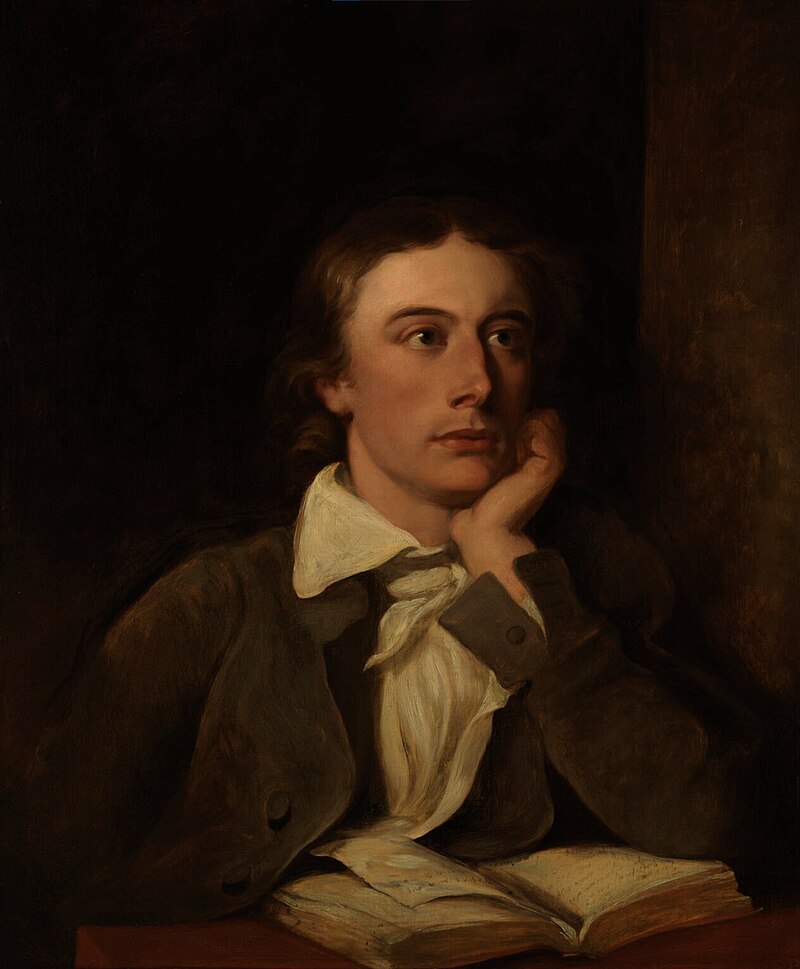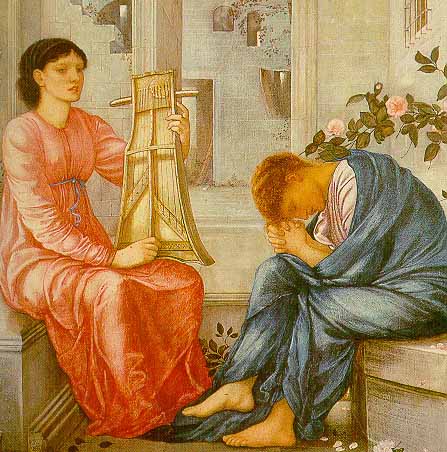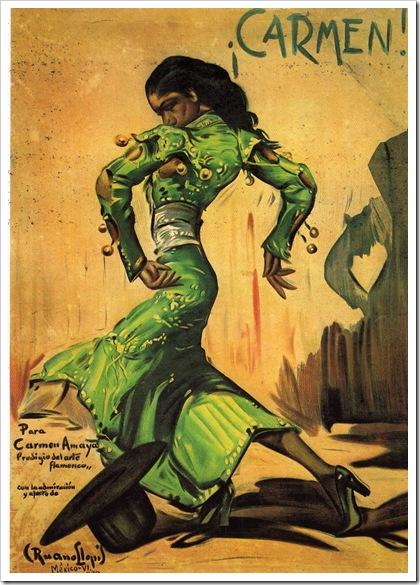At
the outset, in May 1938, Alan Lomax did not expect much from his
interview with Jelly Roll Morton. As assistant in charge of the Archive
of Folk Song at the Library of Congress, Lomax focused on collecting
endangered music: field hollers, hillbilly ballads, the old-time songs
of marginal peoples that commercial recording was fast drowning out. So
he was intrigued but skeptical when friends told him about Morton, a
jazz composer who had generated a string of hit records before his
fortunes turned sour in the Depression. For the previous 18 months he
had been running a bar above a hamburger joint in the black district of
Washington, playing piano, mixing drinks, when necessary tossing out
drunks.
Lomax had never been a jazz fan. But friends described
Morton as a great source of old melodies, so Lomax arranged to bring him
together with a disc recorder in the library’s Coolidge Auditorium.
Morton turned up for the session on May 23 sporting gold rings, a
hundred-dollar suit, and a diamond-studded incisor, unfurling his
satin-lined jacket over the back of the piano like a bullfighter
wielding his cape.
At Lomax’s suggestion, Morton opened the
interview by singing “Alabama Abound.” Lomax had first heard the song in
1933 sung by a black convict named Bowlegs, whom he and his father, the
folklorist John Lomax, had recorded at a Mississippi prison. Bowlegs’
rendition had been slow and mournful, a lament for a vanished lover that
was full of the penitentiary’s pain and privation, but Morton played a
jaunty, sardonic version that he claimed to have written in a Gulf Coast
honky-tonk in 1904. Here the singer, not the lover, was the one who was
leaving, and even the abandoned woman did not sound that bothered: She
said, “Don’t you leave me here / Don’t leave me here / But sweet papa,
if you must go / Leave a dime for beer.”
Between verses Morton
recalled his days as an entertainer in the low-down dives from Biloxi to
Mobile, composing songs, playing piano, and shooting pool when he
spotted an easy mark. “I never will forget, after I beat some guys
playing pool, if it wasn’t for one of my piano-playing friends, you’d
never heard this record because the guy was gonna knife me in the back,
I’m telling you. He said that I only used the piano for a decoy, which
he was right.” He played softly while he was reminiscing, and his
speaking voice itself became music, guttural and melodic by turns.
For
Lomax, all this was dizzying. One simple request for a traditional tune
and Morton was spinning in a picaresque novel, full of the laughter of
prostitutes, the click of pool cues, and the rattle of loaded dice. “He
had a knife right on me. And, of course, he had it in his mind that I
was kind of nice-looking. Imagine that, huh? Of course, he wasn’t such a
good-looking fellow hisself. He had some awful, rubber-looking lips,
I’m telling you.”
His
tale called up a subterranean world unlike anything Lomax had ever set
out to document. So when Morton concluded by saying, with patrician
grandeur, “Is there any other information you would like to ask?” Lomax
excused himself and rushed to his office for a boxful of blank discs and
a bottle of whiskey. “Jelly Roll,” Lomax resumed, setting the recording
machine whirling once more, “tell us about yourself.”
Over the
next three weeks, Jelly Roll did. Returning daily to the Coolidge
Auditorium, Morton spoke and sang of his life’s adventures, recounting
his childhood, his musical training, and his apprenticeship as a
pianist, composer, and pool shark in the dives and brothels of New
Orleans. Lomax sat at his feet, maintaining eye contact, while reaching
behind him to manipulate two disc recorders. As each disc neared its
four-and-a-half-minute capacity, he could perform virtually without
interruption. Though initially he prompted Morton with questions, that
soon proved unnecessary. Morton had a clear sense of the shape of his
narrative (“I’m getting ahead of my story,” he remarked periodically),
an unerring feel for the tale he wanted to tell.
Propelling that
tale was a sense of grievance. In a decade when jazz had become big
business, Morton believed that he had been defrauded. Three years
earlier Benny Goodman had recorded Morton’s “King Porter Stomp,” and
though it had become “the outstanding favorite of every great hot band
throughout the world” (as Morton put it minutes after the interview
began), the composer himself received little credit and no recompense.
All around him he saw jazz being misrepresented, its history stolen and
falsified, its pioneers tossed on the rubbish heap. Anodyne white
entertainers like Goodman were winning acclaim for black innovations,
and even when the press managed to credit black artists, too often it
got the wrong ones. In Lomax’s disc recorder, Morton found a sort of
authenticating mechanism. It gave him the chance to establish the facts
of jazz’s origins, to set the record straight.
Setting the record
straight meant describing where “the birth of jazz originated,” and that
took him to Storyville. Morton called up a cast of characters from New
Orleans’ turn-of-the-century Tenderloin that no jazz critic had ever
bothered unearthing. He told Lomax about Tony Jackson, a sissy-man and
one of the greatest pianists who ever lived, and Buddy Bolden, the
blowingest man since Gabriel, who blew his brains out through the
trumpet and ended up in the crazy house. He remembered the Broadway
Swells, the gang of toughs he marched with in the Mardi Gras parades.
They were musicians who lived off the earnings of fifth-rate whores, and
he had been bewitched by their red flannel undershirts and cork-soled
shoes with gambler designs on the toes, and the moseying walk they
called “shooting the agate,” their hands at their sides, their index
fingers extended, moving in a slow, deliberate strut. In time he learned
to walk that way, too, and at the piano at Hilma Burt’s mansion he wore
a Stetson hat, a peacock-blue coat, and $18 striped trousers that fit
tight as a sausage. “I was Sweet Papa Jelly Roll with the stovepipes in
my hips,” he recalled, “and all the women in town was dying to turn my
damper down.”
Lomax
soon realized that this was an interview like no other. It was not just
the ribald folk history of jazz that simmered within Morton’s stories;
nor was it his novel reflections on the “Spanish tinge,” the
cosmopolitan mélange of New World rhythms that shaped early jazz
technique. Above all, the interview’s magic lay in elements no
transcription could capture. Lomax watched Morton thrust himself
physically into the music, his foot like a metronome tapping the beat,
his hand slapping the piano bench to mimic the sound of cards hitting
the table. He heard the stentorian tones of Morton’s voice, part
preacher, part medicine-show huckster, a rich, languid baritone that
looped and slid, stretching one-syllable words into two. He saw how
Morton seemed to light up as he faced the phonograph day after day, a
one-time jazz has-been who had found a new purpose. And he marveled at
the music that the microphone seemed to elicit: the Creole street cries,
the obscene whorehouse melodies, and, most haunting of all, the
formless, nameless chord progressions that he played as he spoke,
changing from major to minor to augment the mood of his tale.
Morton
turned the recounting of his life story into an aural event, and for
Lomax it was a revelation. Since the age of 18, when he first went song
collecting with his father, he had been operating phonographic devices,
but though he knew how to assemble them and take them apart, Morton
showed him their full potential for generating a radically innovative
cultural form. The years preceding the Morton interview had seen
intensifying interest in autobiographical testimony, both among social
scientists and within the Federal Writers’ Project. Researchers gathered
the life stories of the unlettered: Polish immigrants, mill workers,
gamblers, and African Americans born as slaves. Yet all these
reminiscences had been collected with pen and paper, a fact owed only in
part to the expense and awkwardness of sound technology.
In the
recorded life story, Lomax sensed something more democratic and more
revealing. “The needle writes on the disc with tireless accuracy the
subtle inflections, the melodies, the pauses that comprise the emotional
meaning of speech, spoken and sung,” he reflected after the Morton
interviews were finished in June. “Between songs, sometimes between
stanzas, the singers annotate their own song. . . . They are not
confused by having to stop and wait for the pedestrian pen of the
folklorist: They are able to forget themselves in their songs and to
underline what they wish to underline.”
Watching Morton come alive
at the microphone convinced Lomax that in an age when mass
communications were overpowering marginal voices, the recording machine
could empower those who spoke into it by enabling them to document their
own story. Unlike an interviewer with pen and paper, the machine was a
disinterested listener; it took down the frankest reflections without
embarrassment, even as it captured vocal gestures that a written
transcription could not convey. Faced with a microphone, subjects felt
validated, lost their reserve, and dipped into unconscious material.
Since
the 1970s, oral history in the United States has revived the
Depression-era populist quest to recover the lives of nonelite peoples,
the everyday struggles on the social margins that political historians
had long ignored. Many oral historians echo Lomax’s commitment to a
documentary practice that empowers the people it chronicles. Yet most
would dismiss Lomax’s faith in sound recording, in the machine’s
objectivity, as simply naive. Subjects, they insist, never “forget
themselves” as they are speaking and are invariably influenced by the
interviewer’s presence. Looking back on the Morton sessions, some have
raised questions about Lomax’s methods, asking whether the extraordinary
obscenity of some recollections was fueled by conscious or unconscious
prompting, and by the glass on the piano that Lomax kept filling (“This
whiskey is lovely,” Morton repeatedly exclaims).
Still, one might
ask whether even today’s oral historians have quite encompassed what
Lomax was after. “That hot May afternoon in the Library of Congress a
new way of writing history began,” he argued in 1950. For all their
methodological sophistication, oral historians remain largely committed
to a history that needs to be read, while Lomax imagined one written in
sound, “history with music cues, the music evoking recollection and
poignant feeling.” The past, Lomax suggested, sometimes cannot be
reduced to mere words. With that vision—of what might be called aural
history—most historians have yet to catch up.
Reprinted by permission of the publisher from A New Literary History of America
,
edited by Greil Marcus and Werner Sollors, Cambridge, Mass.: The
Belknap Press of Harvard University Press, Copyright © 2009 by the
President and Fellows of Harvard College. All rights reserved. We
spotted the excerpt in the Canadian literary magazine Brick
(Vol. 86). www.brickmag.com
This article first appeared in the May-June 2011 issue of
Utne Reader.
Link:
http://www.utne.com/arts/alan-lomax-jelly-roll-morton-aural-history.aspx?PageId=4#ArticleContent









